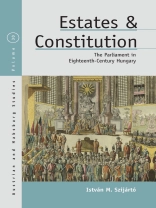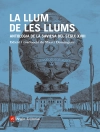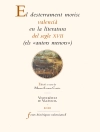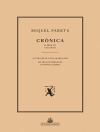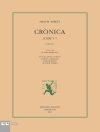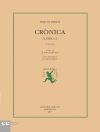Across eighteenth-century Europe, political power resided overwhelmingly with absolute monarchs, with notable exceptions including the much-studied British Parliament as well as the frequently overlooked Hungarian Diet, which placed serious constraints on royal power and broadened opportunities for political participation. Estates and Constitution provides a rich account of Hungarian politics during this period, restoring the Diet to its rightful place as one of the era’s major innovations in government. István M. Szijártó traces the religious, economic, and partisan forces that shaped the Diet, putting its historical significance in international perspective.
Зміст
List of Illustrations
Acknowledgments
Introduction
Part I: The Frameworks
Chapter 1. The Dualism of King and Estates
Chapter 2. The Workings of the Machinery of the Diet
Part II: The Structures of Politics
Chapter 3. The Dualism of King and Estates Dominated by Confessional Questions
Chapter 4. Taxes and Privileges
Chapter 5. Government and Opposition at the Diet
Chapter 6. Career Paths at the Diet
Chapter 7. Realignments on the Estates’ Side of the Political Arena
Part III: Interpreting Hungarian Politics in the Eighteenth Century
Chapter 8. Texts and Discourse
Chapter 9. County and Gentry
Chapter 10. Historiographical Traditions and European Comparisons
Bibliography
Index
Про автора
István M. Szijártó is Professor of History at Eötvös University, Budapest. He has published several books about the social and cultural history of politics in 18th-century Hungary as well as the theoretical and methodological problems surrounding microhistory.
